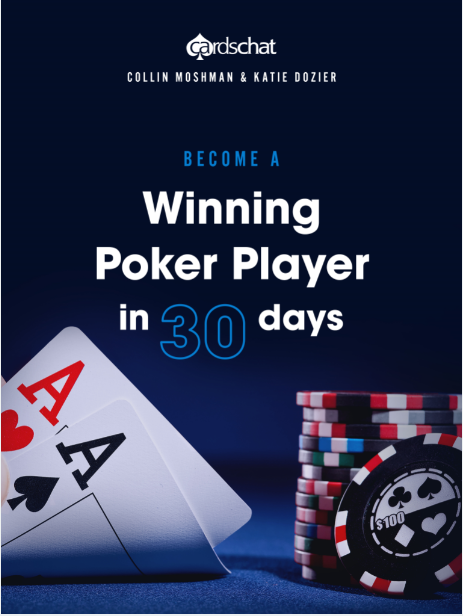Debi
Forum Admin
Administrator
On Day 4 Collin discusses the various types of equity.
If you have not yet read Day 4 and watched the video for Day 4 - take a few minutes now to do that and then come back here to discuss it. Don't forget to take the quiz at the end of the video!:
The Two Types of Equity
This is the simplest and easiest to understand breakdown of equity that I have ever seen. Collin and Katie will be happy to explain this further and answer your questions in this thread.


If you have not yet read Day 4 and watched the video for Day 4 - take a few minutes now to do that and then come back here to discuss it. Don't forget to take the quiz at the end of the video!:
The Two Types of Equity
This is the simplest and easiest to understand breakdown of equity that I have ever seen. Collin and Katie will be happy to explain this further and answer your questions in this thread.


Last edited:


















